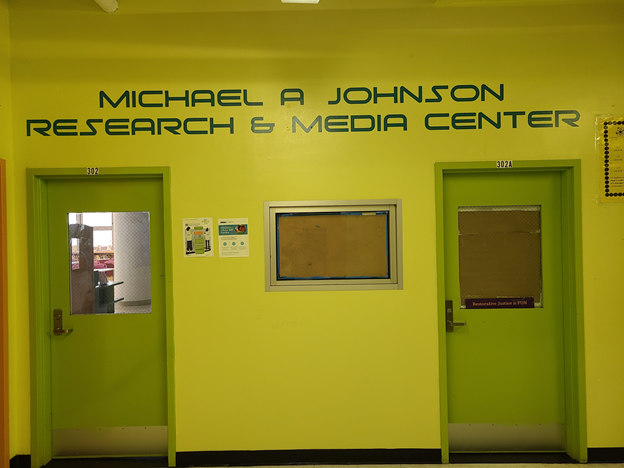These are the moments when you feel that every sacrifice was worth it!
The email feedback about the book is great. The Book talks are great, in particular I love the professional conversations; and I always learn something important (about myself and the work) in the Q & A sessions. All of these experiences are helping to frame the next book. But I must admit, the feedback below is the #1 reason I wrote the book. I really want to help the ‘on the front line’ school based administrators to create the kind of change that will ultimately make them, their teachers and their students successful!
This warmed my heart!
This, from one of the nation’s top secondary school administrators speaking of her History department chairperson:
“…I asked her to read your book*…specifically the chapter about creating a strong social studies/History department. The end result was great…She centered her departmental meetings around the needs of the department and the guidance in your book. She told me to tell you thank you! For me, I too say thank you so much for your continued leadership.”
Excerpt From Building an Effective History Department:
“When developing or refocusing a history department, some of the questions the faculty must pose and answer are:
•Why are we requiring students to study past topics in the world, America, state, local, and civics-economics studies? Why is geography and cultural literacy important? Is this just about studying: “Dead people, dead places, and dead times?” Or, is there a larger and more important purpose at work here?
•What are the conceptual standards that would define the level of historical literacy required for a graduate of our school? What are the major (defining) historical movements, places, events, and people that we believe they should be familiar?
•How will the history department weave the study of anthropology, geology, political science, economics, social psychology, and social movements/ideas into the course of study?
•Very important, what is the history department’s approach to current events, an important study that I believe has become a lost instructional art. Also can the history department link current events to past events and further to their possible influence on future events.
•How will the department pedagogically, and in a safe and productive way, address the difficult past and current conversations around topics of race, economics, ethnicity, LGBTQ, gender studies, immigration, religion, and power?
•If the high school has a theme (e.g., STEM-CTE, performing arts, fashion, culinary arts), how can the history department reflect, reinforce, and enhance the school’s thematic mission?
•In a Title I school, or a school with large numbers of students of color, or in racially, culturally, and economically diverse schools, what role (if any) should the history department play in empowering students for whom the larger society (as well as public education systems) has systematically and historically denied access to the full fruits of the American Dream? And how do we address these issues while fulfilling our ethical requirements of making the school a safe and comfortable space for White students and staff persons?
•How will the history department address the issues of the curriculum cultural deficiencies, inaccuracies, falsehoods, and in some cases, demeaning historical portrayals and treatment of certain people; regions and nations of the world?…”
*Report To The Principal’s Office: Tools for Building Successful High School Administrative Leadership: reporttotheprincipalsoffice.net/

